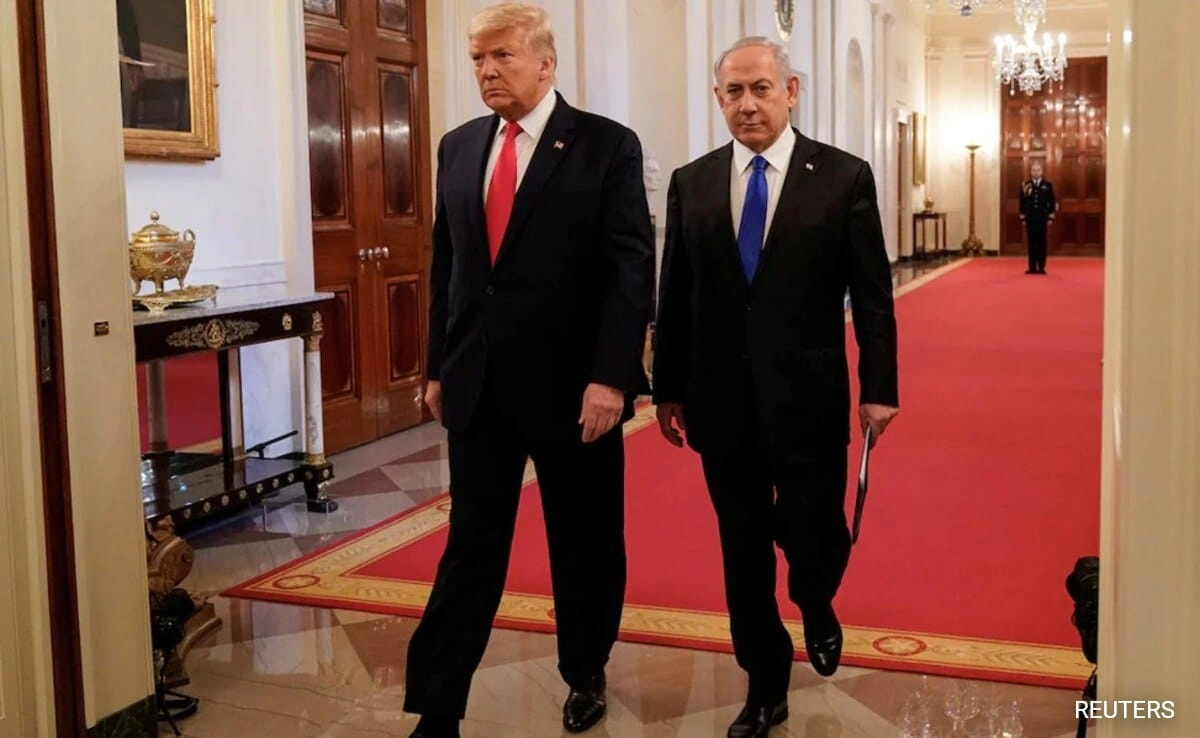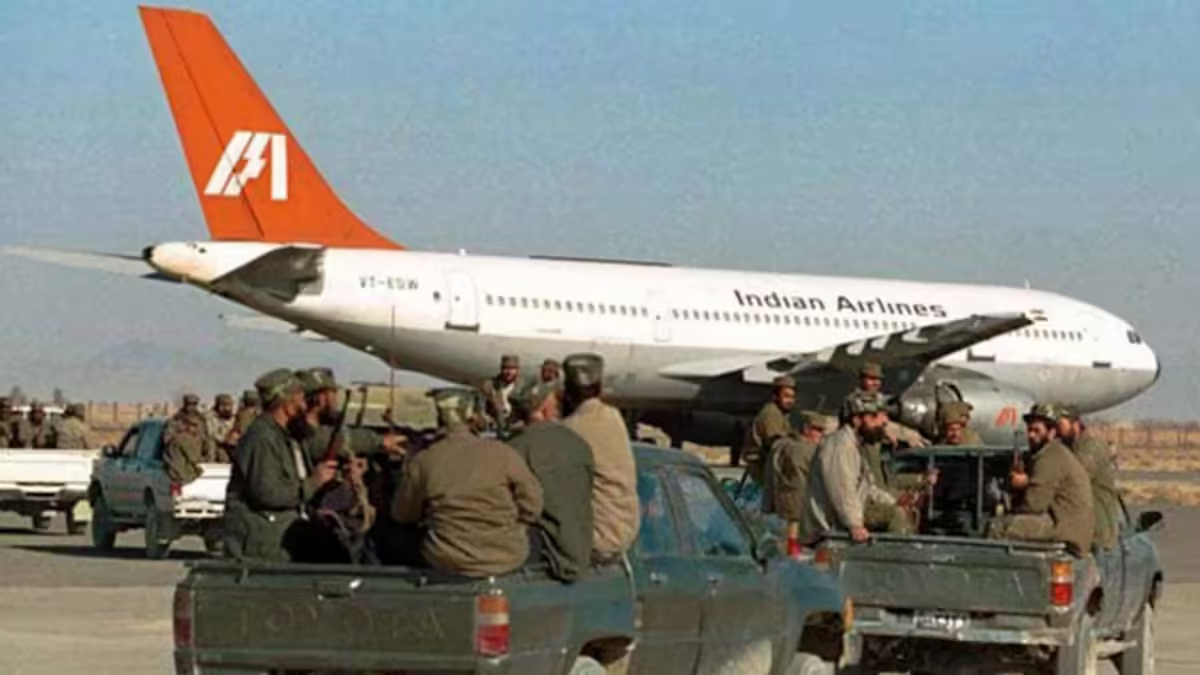In recent discussions surrounding the ongoing Gaza conflict, there have been allegations that former President Donald Trump threatened to abandon Israel amidst the escalating violence. This claim gained traction following statements made by a US official who suggested that Trump’s comments could have significant implications for US-Israel relations. The official indicated that such a stance from a former president could create uncertainties in diplomatic ties, especially given the historically strong alliance between the two nations.
The backdrop of these remarks is the intensified hostilities in Gaza, which have prompted various reactions from international leaders and former officials alike. Trump’s relationship with Israel has been a focal point of his presidency, marked by actions such as moving the US embassy to Jerusalem and recognizing Israeli sovereignty over the Golan Heights. These bold moves were celebrated by many in Israel, but Trump’s recent comments appear to signal a dramatic shift in his approach to the conflict, leading some to question his commitment to supporting Israel in its time of need.
Critics of Trump are interpreting his alleged threats as a potential abandonment of a key ally during a critical moment. Such a move could not only jeopardize Israel’s security but also provoke concern among American lawmakers and citizens who view the US-Israel alliance as a cornerstone of Middle Eastern policy. The implications of such a statement are far-reaching, impacting not only diplomatic relations but also the moral support that the US has traditionally extended to Israel amid regional conflicts.
As the situation in Gaza continues to evolve, the discourse surrounding Trump’s comments will likely remain a topic of contention. The complexities of the US-Israel relationship, intertwined with domestic politics and international diplomacy, suggest that any perceived wavering of support from a former president could stir significant debate within political circles. This incident highlights the delicate balance of power and influence that characterizes the geopolitical landscape, particularly in times of crisis.




